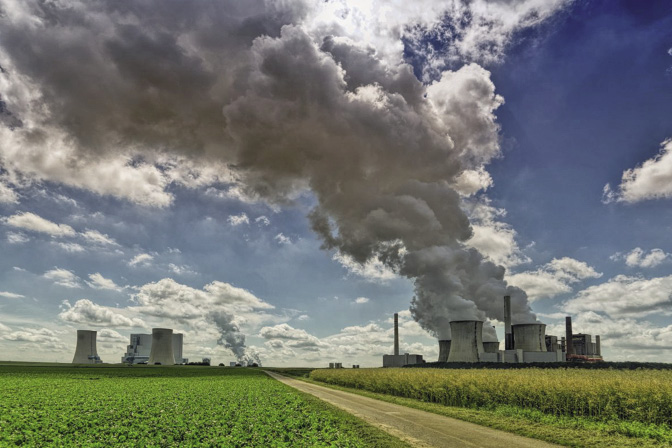That the share accounted for by renewables in the energy mix rose at the expense of fossil fuels during Covid-19 lockdowns last year has been accepted for some time but the EU's statistical body has now offered details of the falls in energy-related carbon emissions witnessed in the bloc.
Eurostat, the number-crunching directorate-general of the European Commission revealed energy and fuel-related CO2 emissions fell in all its member states, with Greece blazing a trail with an 18.7% reduction, compared to 2019.
The organization noted its figures do not include emissions caused by the burning of non-recyclable waste in incinerators, and also exclude data from Sweden, which are being revised. Nevertheless, Greece's performance was impressive and almost matched by Estonia, where energy-use emissions were 18.1% lower, year-on-year; and micro state Luxembourg, which posted a 17.9% fall. Spain‘s energy use led to the emission of 16.2% less carbon than in 2019 and Denmark‘s 14.8%.
At the other end of the scale, Malta saw just a 1% fall in its energy-related emissions, Hungary 1.7%, and Ireland and Lithuania 2.6% each.
Eurostat said coal and oil combustion fell in all EU member states last year, at the same time as solar, wind and hydro generated more than 80 TWh more than it did in the previous year.
Natural gas usage was less clear cut, with 15 member states using a lower volume in 2020 while 12 either used the same amount or more.
This content is protected by copyright and may not be reused. If you want to cooperate with us and would like to reuse some of our content, please contact: editors@pv-magazine.com.




2 comments
By submitting this form you agree to pv magazine using your data for the purposes of publishing your comment.
Your personal data will only be disclosed or otherwise transmitted to third parties for the purposes of spam filtering or if this is necessary for technical maintenance of the website. Any other transfer to third parties will not take place unless this is justified on the basis of applicable data protection regulations or if pv magazine is legally obliged to do so.
You may revoke this consent at any time with effect for the future, in which case your personal data will be deleted immediately. Otherwise, your data will be deleted if pv magazine has processed your request or the purpose of data storage is fulfilled.
Further information on data privacy can be found in our Data Protection Policy.